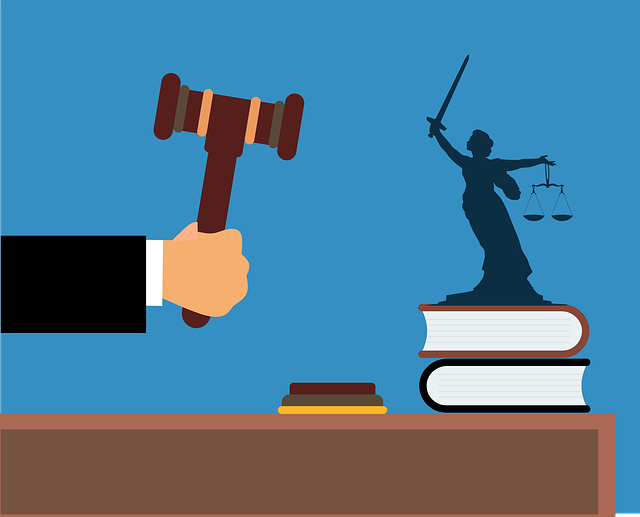In Louisville, church sexual assault is a complex issue driven by power dynamics within religious communities, with clergy exploiting their positions to target vulnerable individuals. The impact goes beyond physical harm, causing psychological trauma. Louisville's diverse religious landscape and evolving legal framework make it challenging for victims to seek justice, but multi-faceted approaches including strict liability rules, confidential reporting, and support services help protect victims and hold institutions accountable. Local authorities collaborate with support organizations to investigate cases, foster safer environments, and provide crucial services. Victims play an active role by documenting incidents, reporting them to church leaders, seeking legal advice, and considering civil lawsuits against perpetrators and institutions.
In Louisville, sexual assault within the church community remains a critical issue, demanding attention and action. This article explores the legal rights available to victims of church sexual assault, delving into the scope of the problem, existing legal protections, and the support systems in place. We guide victims through understanding their rights and taking steps towards justice, emphasizing the importance of awareness and advocacy in the fight against such abuse within sacred institutions.
Understanding the Scope of Church Sexual Assault in Louisville
In Louisville, the issue of church sexual assault is a profound and complex concern. It encompasses a range of inappropriate and illegal activities involving members or leaders of religious institutions who exploit their positions of power and trust to perpetrate sexual abuse. This can include but is not limited to clergy members engaging in non-consensual acts with congregation members, especially vulnerable individuals like children and teenagers. The scope of this issue extends beyond the immediate physical assault; it also includes psychological trauma, emotional distress, and lasting damage to victims’ mental health.
Understanding the dynamics of church sexual assault requires recognizing the unique power structures within religious communities. Often, perpetrators use their authority or influence to isolate victims, silence them, and ensure their actions remain hidden. This creates a culture of secrecy that can make it challenging for victims to speak out and seek justice. Louisville’s diverse religious landscape further complicates matters, as each church may have different reporting mechanisms and legal frameworks in place, affecting how these cases are handled and the support available to victims.
Legal Frameworks and Existing Protections for Victims
In Louisville, as in many parts of the country, the legal frameworks surrounding church sexual assault are complex and continually evolving. The protection of victims is a multifaceted issue that involves both state and federal laws. Key protections include strict liability laws that hold institutions accountable for the actions of their employees or volunteers, as well as statutes specifically targeting sexual misconduct within religious organizations. These laws provide victims with civil remedies, enabling them to seek compensation for physical and emotional injuries suffered due to abuse.
Existing legal protections also encompass confidential reporting mechanisms, safe havens for survivors, and support services tailored to meet the unique needs of those affected by church-related sexual assault. Non-disclosure agreements and strong privacy laws further safeguard victims’ identities and empower them to come forward without fear of retaliation. Louisville’s legal landscape offers a mix of statutory guidelines and common-law principles that collectively aim to ensure justice, accountability, and healing for victims within the context of religious institutions.
The Role of Local Authorities and Support Organizations
In Louisville, local authorities play a crucial role in addressing and investigating cases of sexual assault within the church community. They work in tandem with support organizations dedicated to helping victims navigate the legal system and heal from their traumatic experiences. These organizations provide essential services such as counseling, legal aid, and safe housing for individuals who have suffered abuse at the hands of religious leaders or within institutional settings.
By collaborating closely with these support networks, law enforcement agencies can ensure that victims receive comprehensive assistance while perpetrators face appropriate justice. This coordinated effort helps create a safer environment for church members and reinforces the accountability of religious institutions in protecting their congregations from sexual exploitation.
Steps Victims Can Take to Assert Their Rights and Seek Justice
When facing sexual assault within a church setting, victims must take proactive steps to assert their rights and seek justice. The initial step involves documenting all details related to the incident—from dates and locations to any witnesses or evidence collected. This information will be crucial when reporting the assault to the appropriate authorities, such as local law enforcement and church leaders.
Victims should then consider reaching out to support organizations specializing in handling religious-institution sexual abuse cases. These groups can provide legal guidance, emotional support, and assistance in navigating complex administrative procedures within the church. Additionally, victims have the right to file a civil lawsuit against the perpetrators and the institution for negligence or cover-up. This process requires consulting with an experienced attorney who understands the nuances of such cases.



